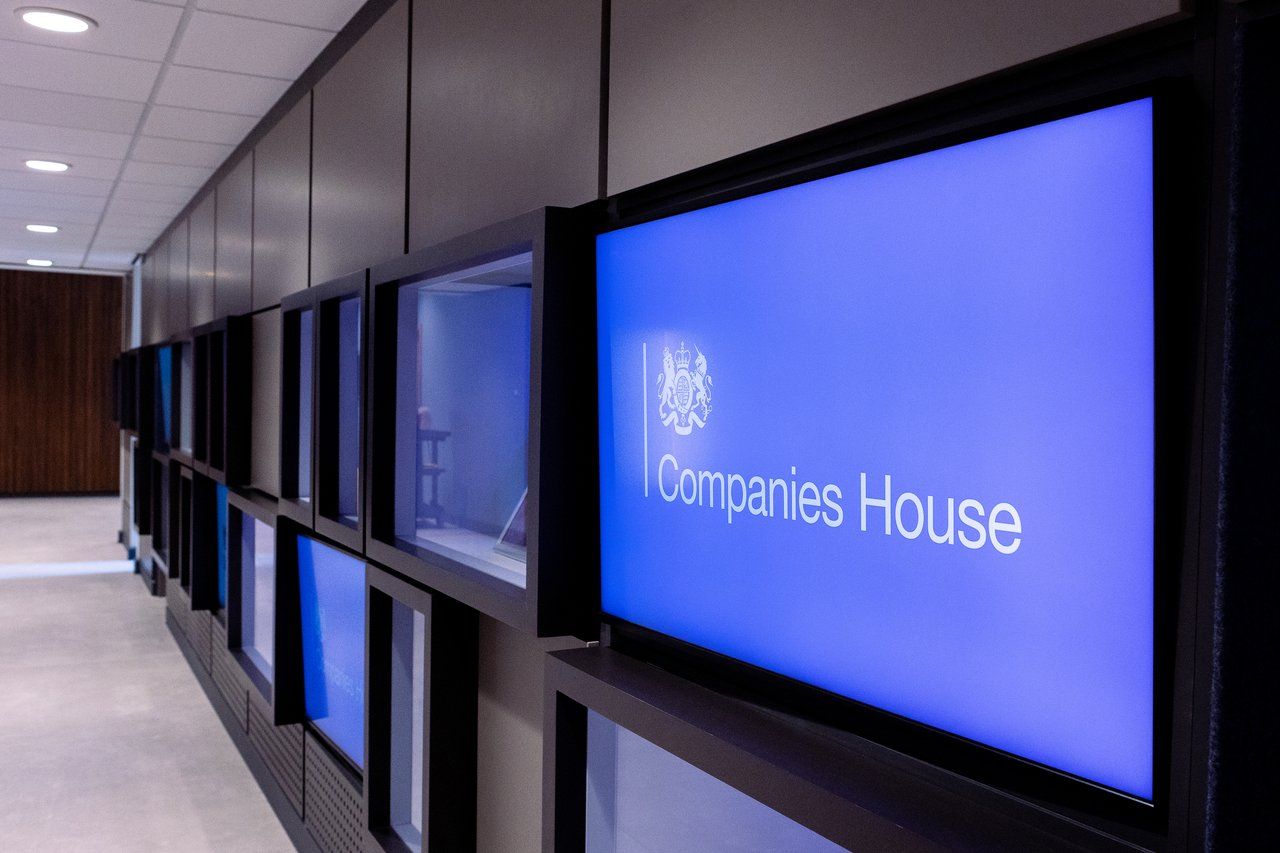Buy to let tax changes – minimising the impact
In the past couple of years, the Government has ‘attacked’ the buy to let market seemingly viewing it as having a harmful effect on the UK property market. As a result, many landlords are now reviewing the viability of continuing in the buy to let market. Friend Partnership examine the recent tax changes and provides some tips to help landlords respond pro-actively.
The changes to buy to let tax
The key tax changes that buy to let landlords need to be aware of are:
- A 3% SDLT surcharge, which came into effect from 6 April 2016;
- A change to the income tax relief available in respect of loan interest – from April 2017, mortgage tax relief will gradually be cut back, over a three-year period to 20%.
- From April 2019 CGT will be payable within 30 days of completion; and
It is the second measure which is potentially most troublesome as many landlords will have geared up their property portfolios with interest only loans and will be used to getting income tax relief at their full marginal rate which would be 45%. If landlords are unable to pass on this impending cost increase to their tenants they may end up making a financial loss.
Pro-active measures for buy to let landlords
Although the changes will have a significant impact on buy to let landlords, there are a number of pro-active measures that landlords can take to help minimise the impact.
- In order to avoid the 3% SDLT surcharge, purchases could be made through a company set up for the purpose. Here landlords would need to remember to include the costs of setting up and running a limited company in their analysis. Profits retained in the company for further buy to let investment will be more lightly taxed than if the income is received personally. Interest is an allowable deduction for the company. With careful dividend planning, it may be possible to reduce the overall tax burden. However, beware, whilst the SDLT surcharge only applies to individuals it may not be too long before the Chancellor extends it to residential property holding companies;
- Transferring personally held properties to a company is not likely to be a viable proposition simply because of the SDLT charge on transfer, which can only be avoided if certain partnership structures are used, and also the potential capital gain on the market value of the property at the date of transfer. However, landlords could, alternatively, consider in investing in commercial or semi-commercial property, which is exempt from the SDLT surcharge;
- Landlords may be able to reduce their borrowings to limit the potential impact of the interest relief restriction. However, many landlords may not have the resources to do this and selling part of the portfolio may result in higher tax charges than if they do nothing;
- Landlords could sell property. However, the potential capital gains tax liability might be high if the property portfolio has been held for a number of years. Buy to let landlords should review their portfolios to confirm the capital gains tax position for each property they hold as selective disposals may be possible. Other points to consider here are:
- Spousal transfers if properties are solely owned;
- Timing of transactions – tax year end, matching gains and losses, annual exemptions; and
- Capital losses – brought forward and arising in the year.
- Pass the increased costs onto tenants. Many buy to let landlords, perhaps those with more extensive portfolios and a more ‘robust’ approach to this issue, may simply pass on the increased costs to their tenants especially if they own properties in sought after locations where rental properties are in high demand.
What next for buy to let landlords?
There is no doubt that the recent changes have caused a great deal of concern in the buy to let market.
All buy to let landlords should be considering their position and reviewing their options in the next few months so that they can put in a plan in place to deal with, and minimise the impact, of the changes.
For help or advice on buy to let tax or any other tax matter for you or your business, contact Friend Partnership or on 0121 633 2000.

The year’s best staged production? Critical Acclaim for Melting Pot Productions’ Paranormal Activity

Friend Partnership is a forward-thinking firm of Chartered Accountants, Business Advisers, Corporate Finance and Tax Specialists, based In The UK
Share this page:




